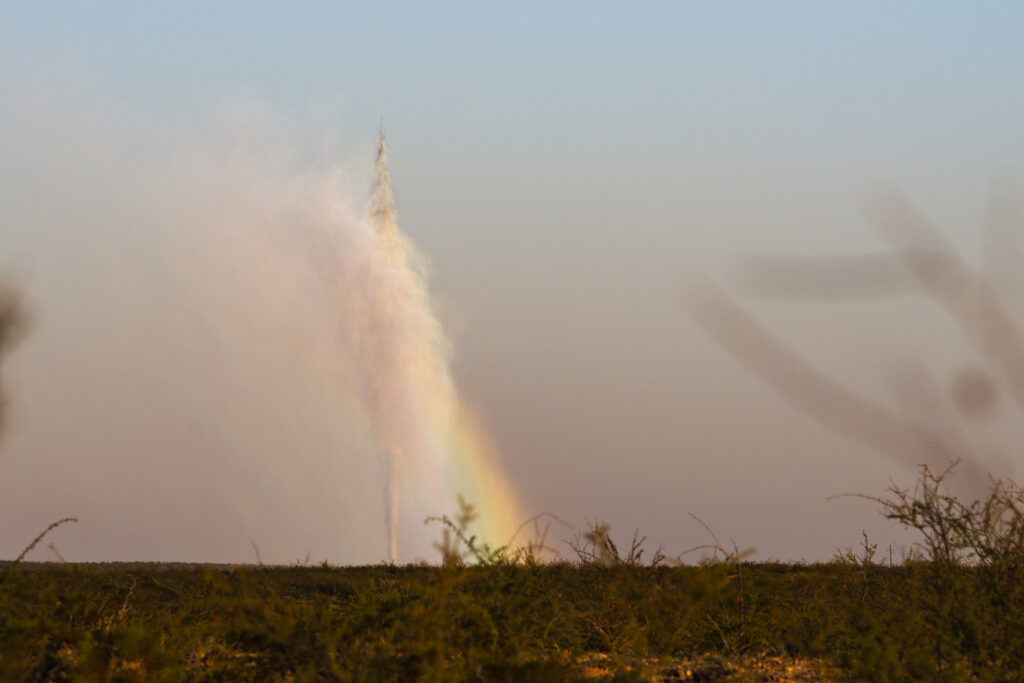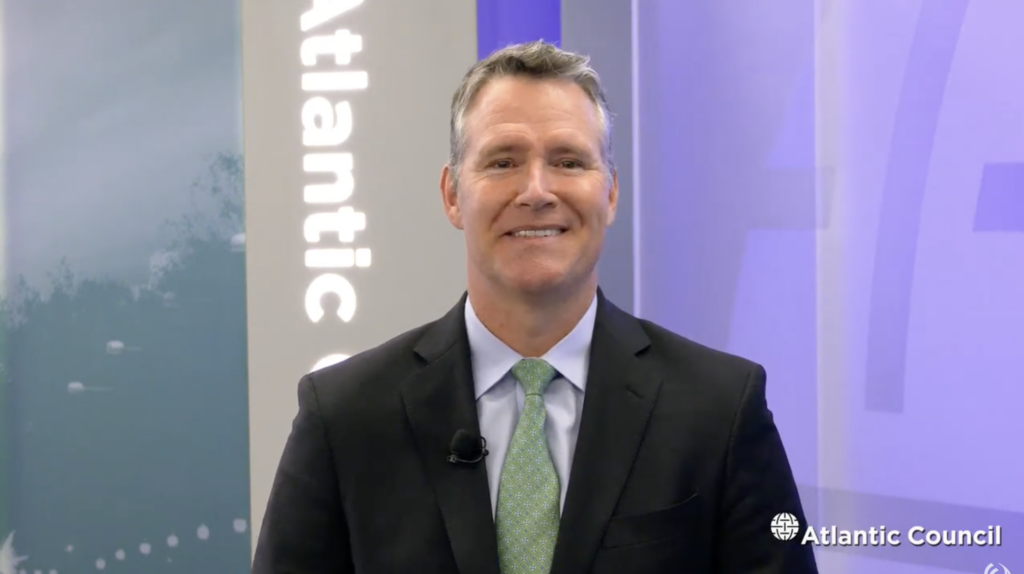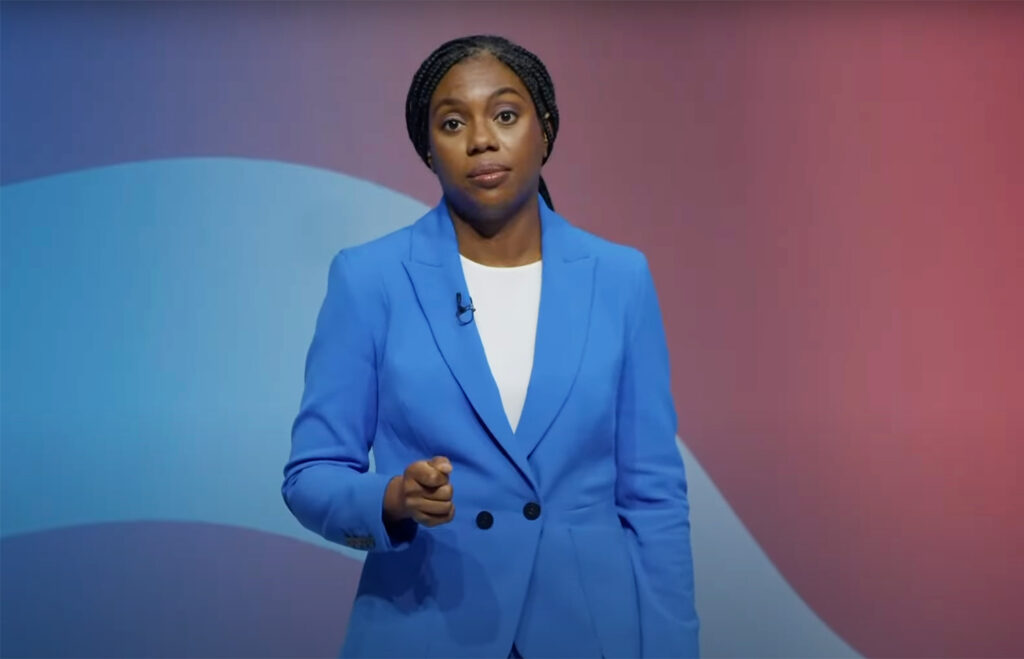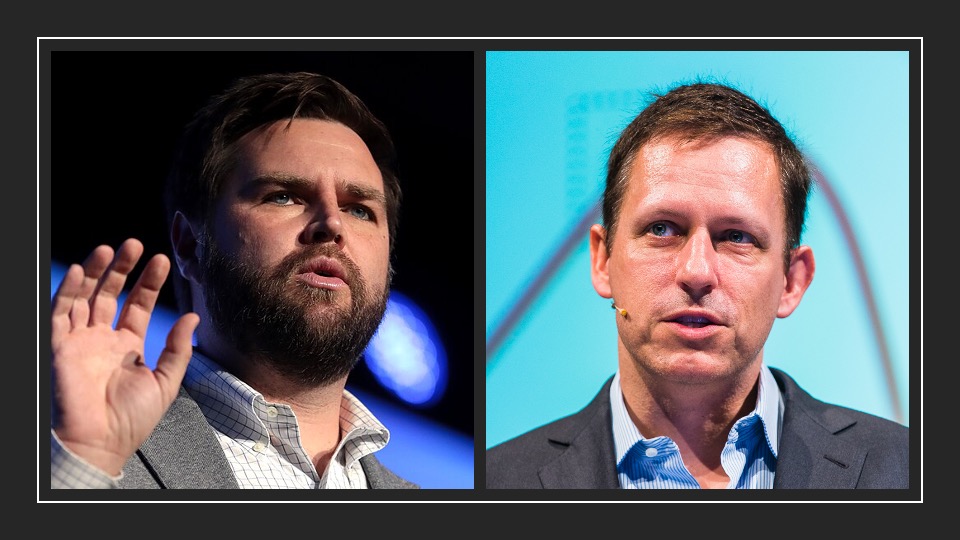Ever been driving down the highway and that little red engine light comes on? It’s just a small thing but it usually means something really bad is about to happen.
Something similar happened with our planet this week. A group of scientists has just discovered that the oceans ability to absorb carbon dioxide may be collapsing all over the world due to warmer water temperatures.
That is not good news. Our planet’s oceans helpfully soak up about 11 billion tonnes of human-produced carbon dioxide every year. That’s about one quarter of all the additional carbon that we are dumping into the atmosphere – and it looks like that gravy train may be grinding to a halt.
Warmer water dissolves less carbon and researchers report that since 1992, the amount of carbon dioxide absorbed in the Sea of Japan has plummeted by half. There is no reason to believe that the same process isn’t happening all around the world.
Kitack Lee, an associate professor at Pohang University of Science and Technology, who led the research, says the discovery is the “very first observation that directly relates ocean CO2 uptake change to ocean warming”.
Such arcane nuts and bolts of our planet’s chemistry are not typically something that grab a lot of headlines. For instance, this frightening research was published in the rather obscure publication “Geophysical Research Letters” and was picked up in only three on-line publications.
In contrast, last night’s Golden Globe awards generated 4,791 Google news hits, but admittedly Eva Longoria’s maraschino-red Reem Acra dress did look fabulous.
So what does all this mean for climate change? The simple answer is that the hill we must now climb to get global emissions under control just got a lot steeper. With less carbon dioxide being soaked up by warming oceans, we need to drastically reduce future carbon to avoid things getting dangerously out of control.
The other nasty side effect of loading our oceans with 11 billion additional tonnes of carbon dioxide every year is that they are becoming more acidic.
While that might not seem like a big deal compared to Eva’s dress, bear in mind that the entire foundation of the ocean ecosystem is at risk. Plankton, algae and corals all depend on being able to make their shells out of dissolved calcium carbonate. More acidity means that these animals have to work much harder to produce their bodies, and down the road may loose this ability altogether.
This is probably not an experiment we want to try, but we are doing it anyway.
“Ocean acidification is happening today and it’s happening on top of global warming, so we are in double trouble”, said Jelle Bijma, a bio-geochemist at the Alfred-Wegener-Institute Bremerhaven.
Since the industrial revolution, the oceans have become 30 percent more acidic. “Under a “business as usual scenario, predictions for the end of the century are that…oceans will become 150 percent more acidic – and this is a hell of a lot”, adding Bijma is refreshing frank fashion for a scientist.
You don’t need to be a mechanic to know that when that little red engine light comes on you need to pull over and deal with it. Turning up the radio will not help.
Subscribe to our newsletter
Stay up to date with DeSmog news and alerts







